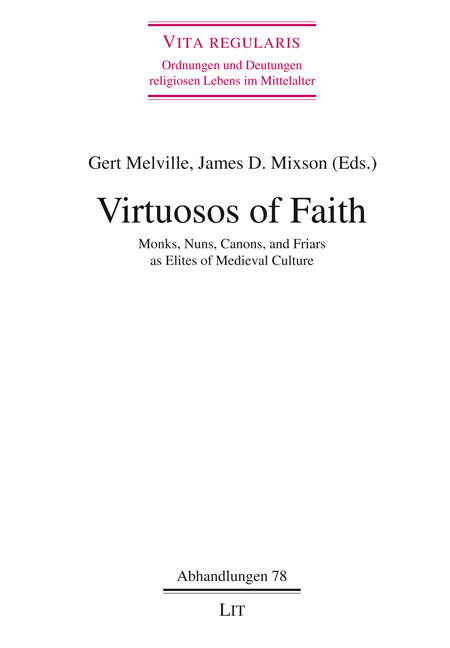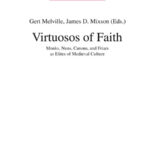Beschreibung
For over a thousand years, monks, nuns, canons, friars, and others under religious vows stood at the pinnacle of Western European society. For their ascetic sacrifices, their learning, piety, and expertise, they were accorded positions of power and influence, and a wide range of legal, financial and social privileges. As such they present an important opportunity to consider the nature and dynamics of an “elite” in medieval culture. Using medieval religious life as their interpretive lens, the essays of this volume seek to uncover the essential markers of elite status. They explore how those under vows claimed and manifested elite status in complex spiritual, temporal, and social combinations. They explore the workings of elite status from day to day, across region and locale – who earned recognition and how, whether through specific achievements or the deployment of specific capacities; who recognized, conferred, or helped maintain elite status, how and why; how elite status could be redefined, contested or rejected. The essays also seek to understand how medieval European religious elites compared to those found in other cultures and settings, from Syria and South Asia to the early modern transatlantic world.


